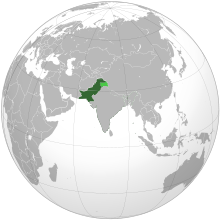Story by U.S. Air Force Staff Sgt. Nestor Cruz/HQ ISAF PAO
KABUL, Afghanistan (December 19, 2011) — Representatives from the International Security Assistance Force Headquarters and NATO gave an operational update today before a gathering of local and international media members.
German Brigadier General Carsten Jacobson, ISAF spokesperson, commended Afghanistan National Security Forces members for successfully providing security, protection and stability to Kabul and the country.
“This success comes on the heels of last month’s Loya Jirga,” said Jacobson. “That event concluded without incident, providing tangible proof that security with ANSF in the lead is not only possible but increasingly becoming reality.”
ANSF members also took the lead in the successful rescue of 11 Afghan National Police members, working under the direction of the Afghan National Army. Approximately 25 opposition fighters were arrested during the rescue operation.
Jacobson said security is a contributing factor in the choices made by insurgents.
“In the past week, we have seen approximately 250 insurgents in Badghis make the decision to stop fighting and seek to reintegrate back into their communities,” the ISAF spokesperson said. “Entry into the reintegration program is not surrender – it is the opportunity for fighters to leave the battlefield with honor and dignity. Read the rest of this entry »









